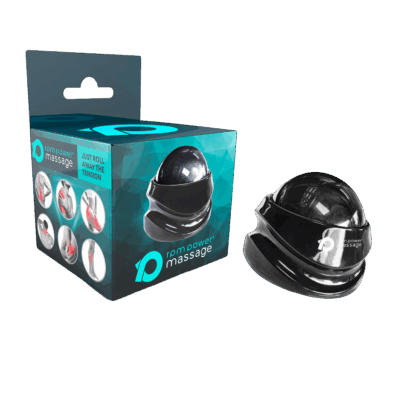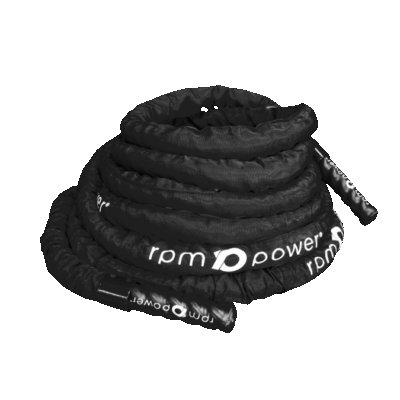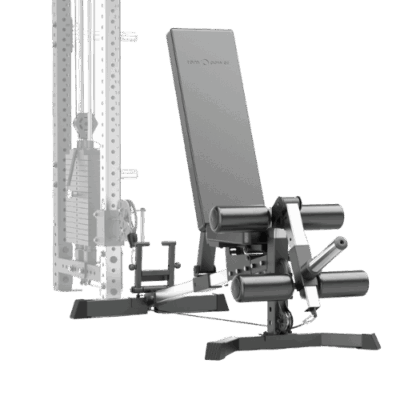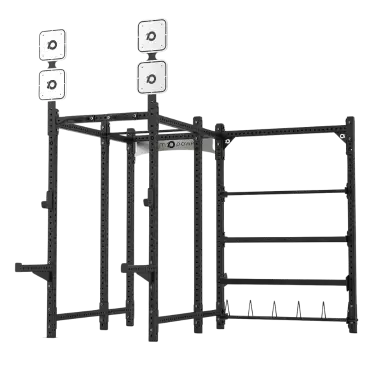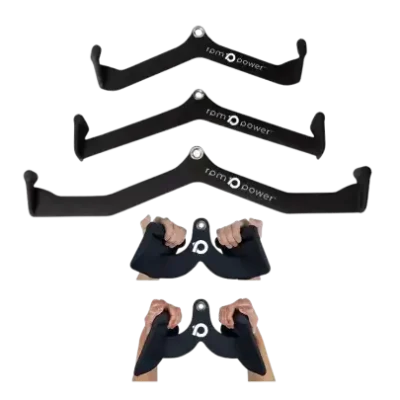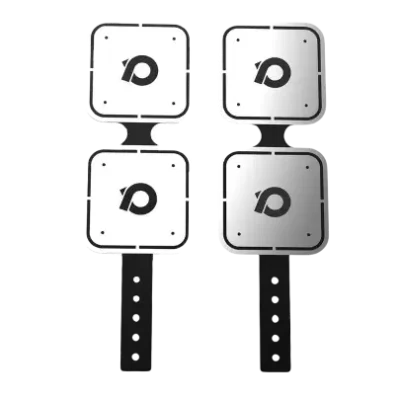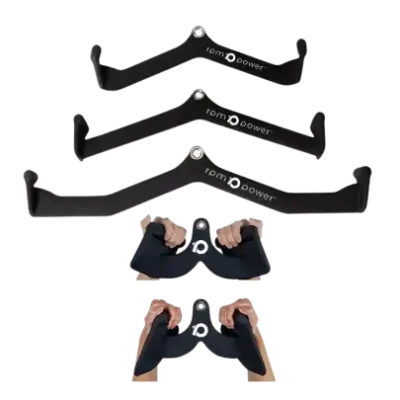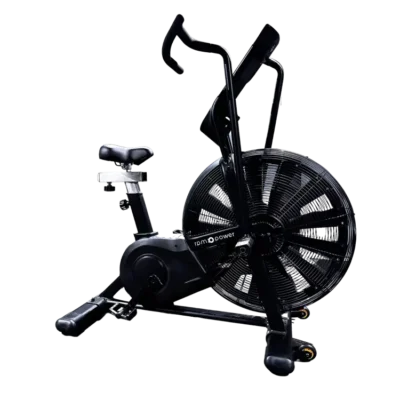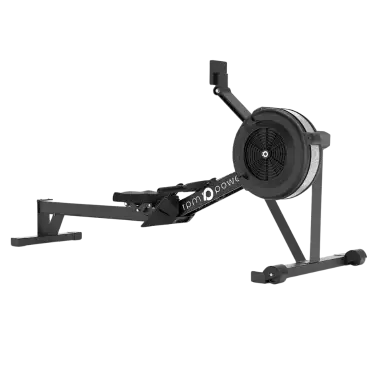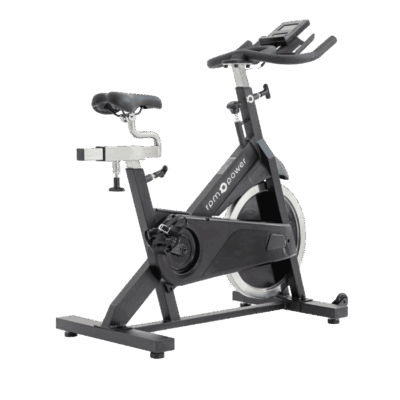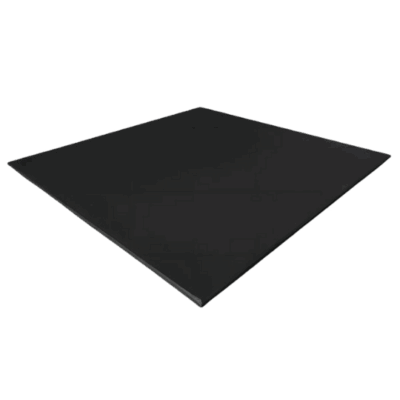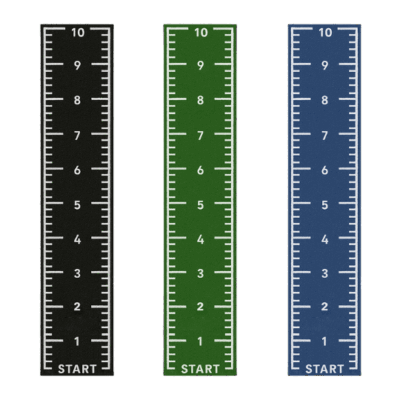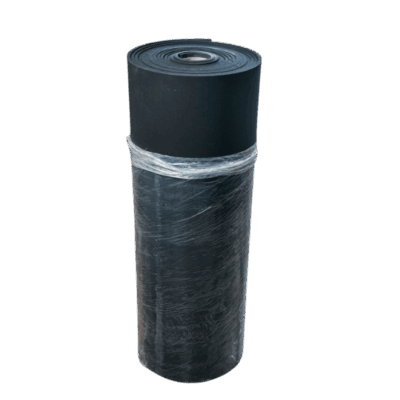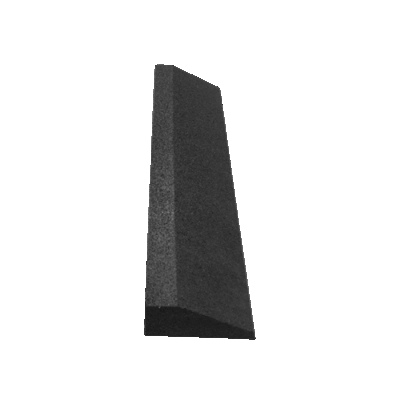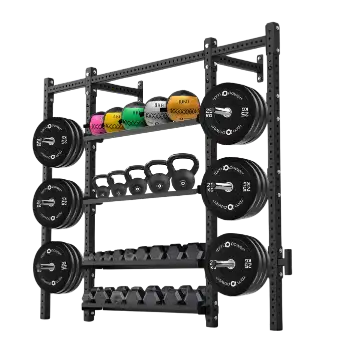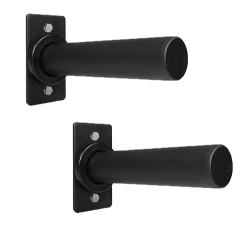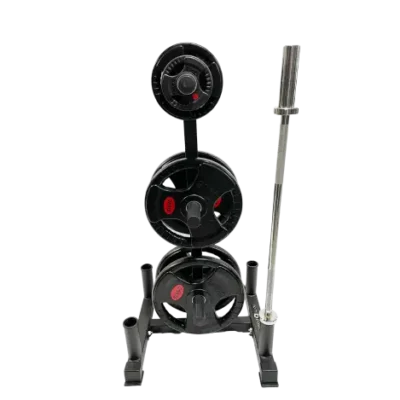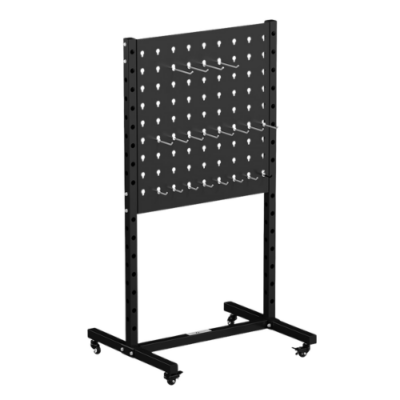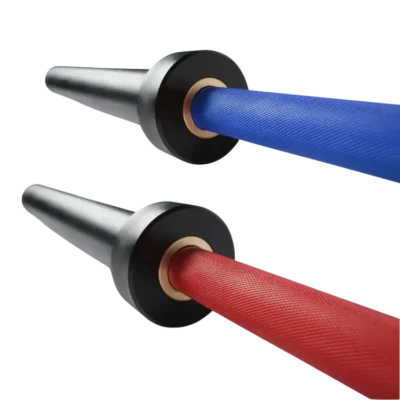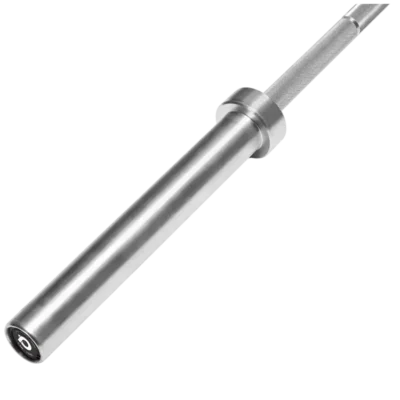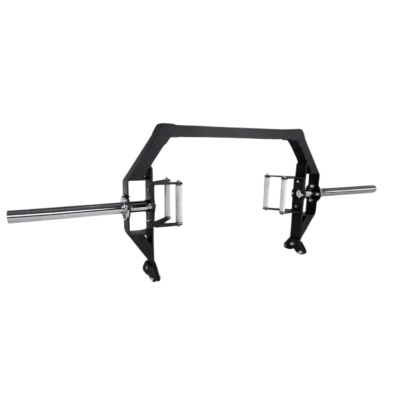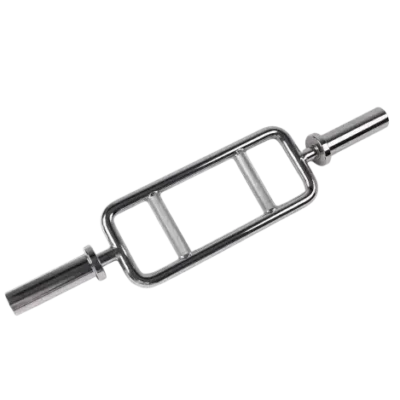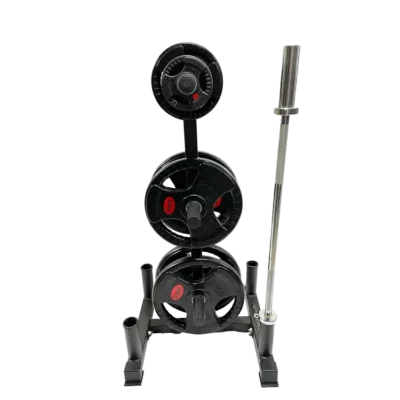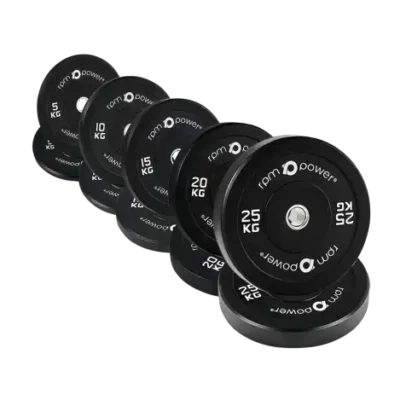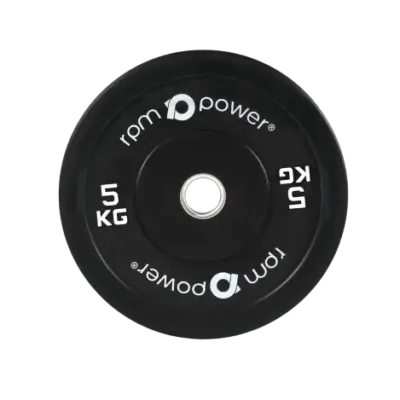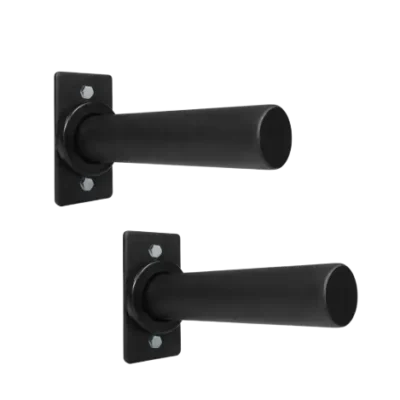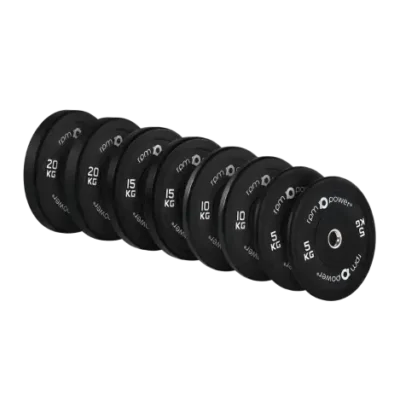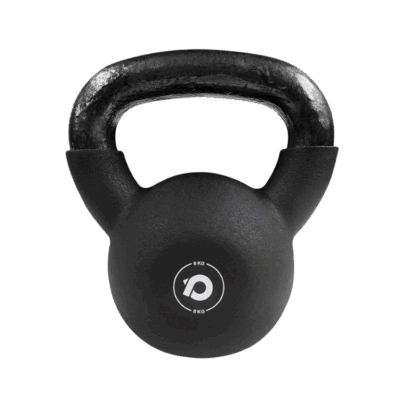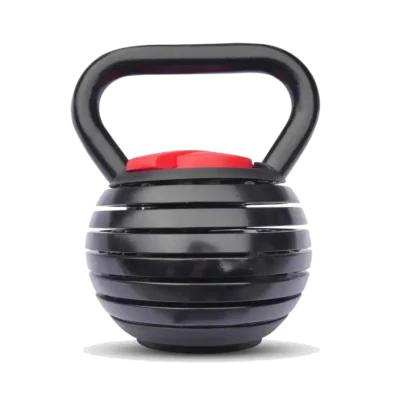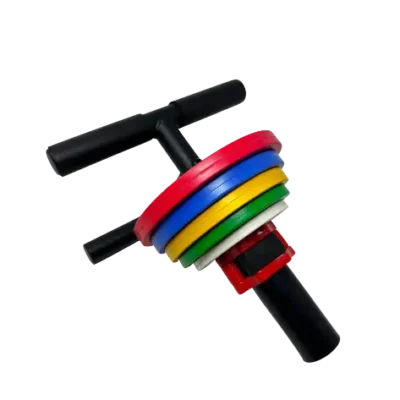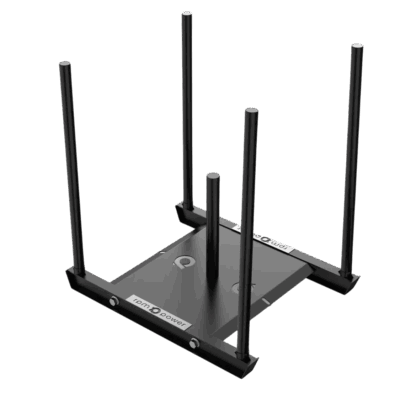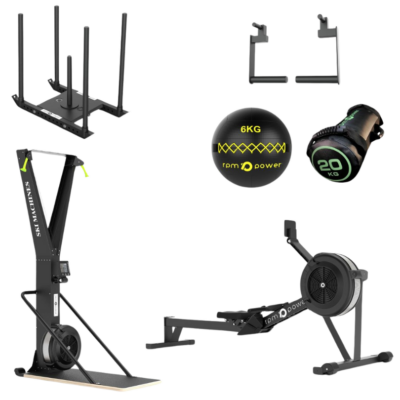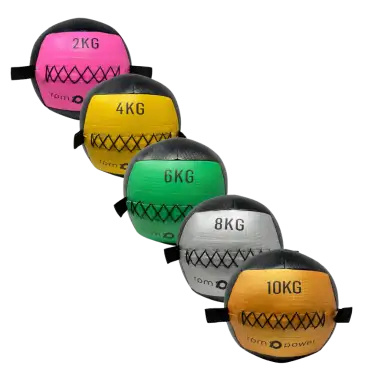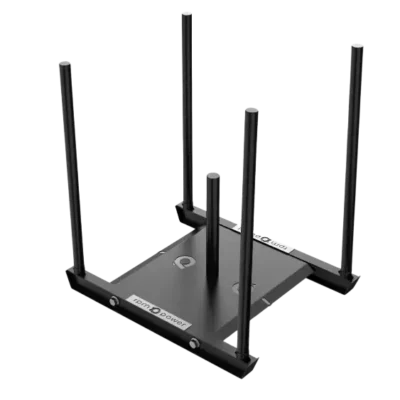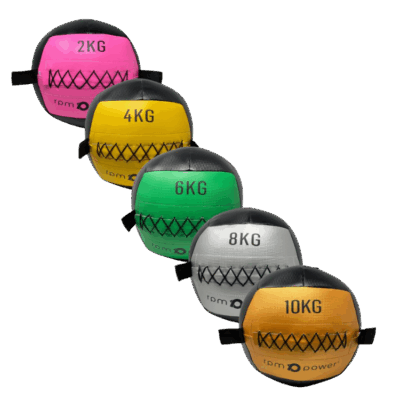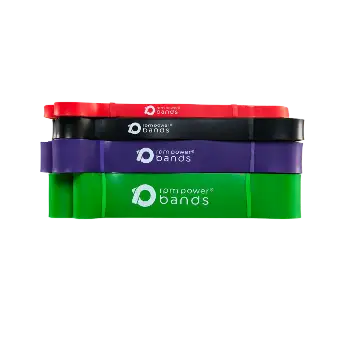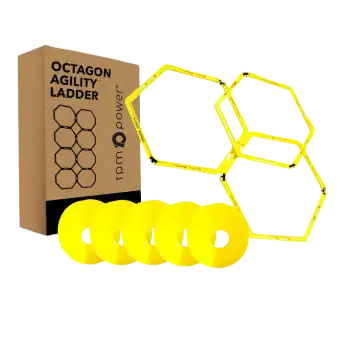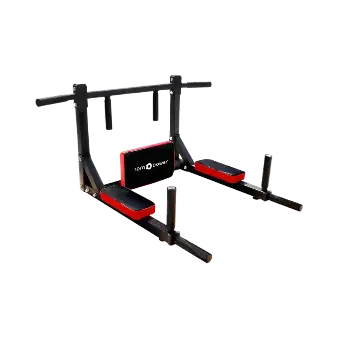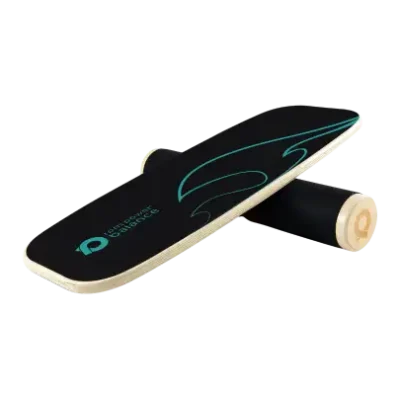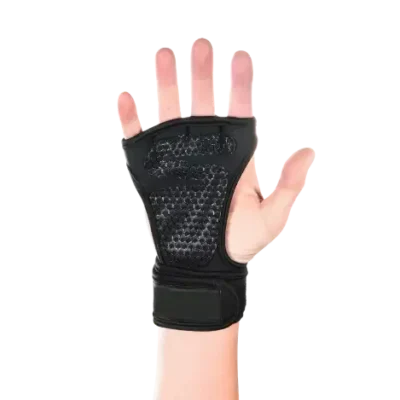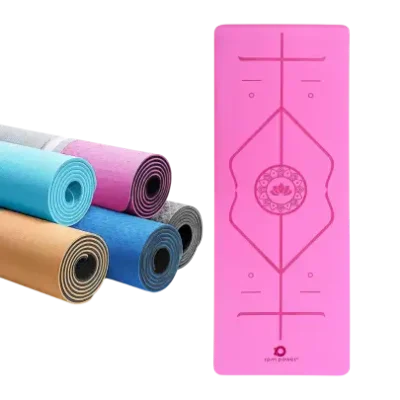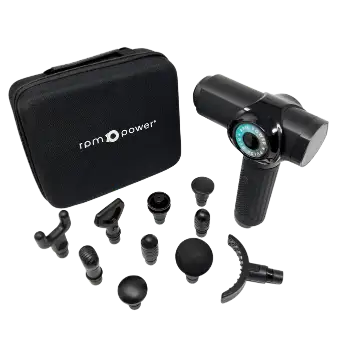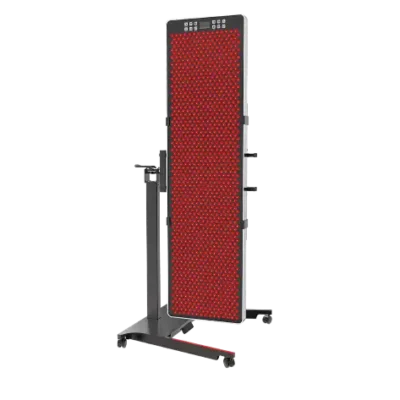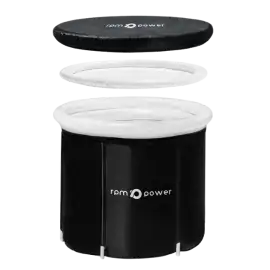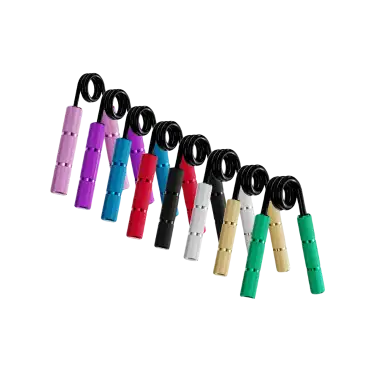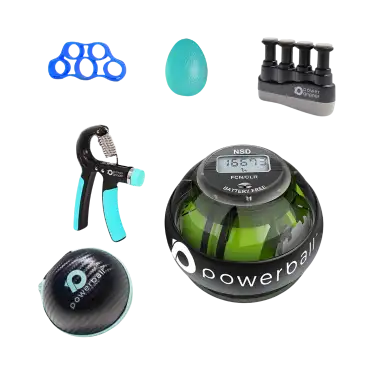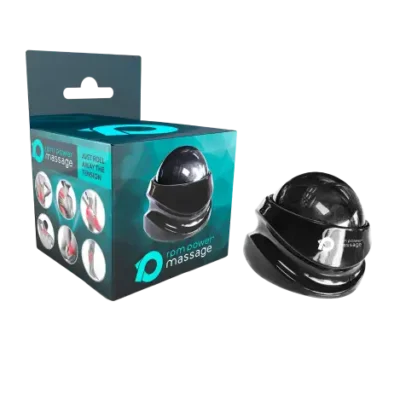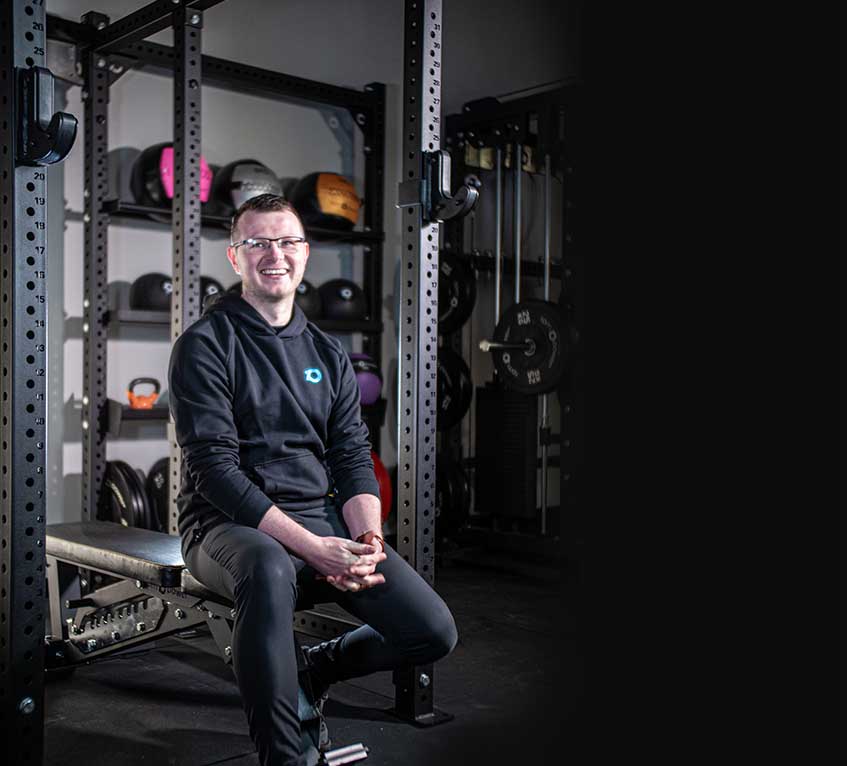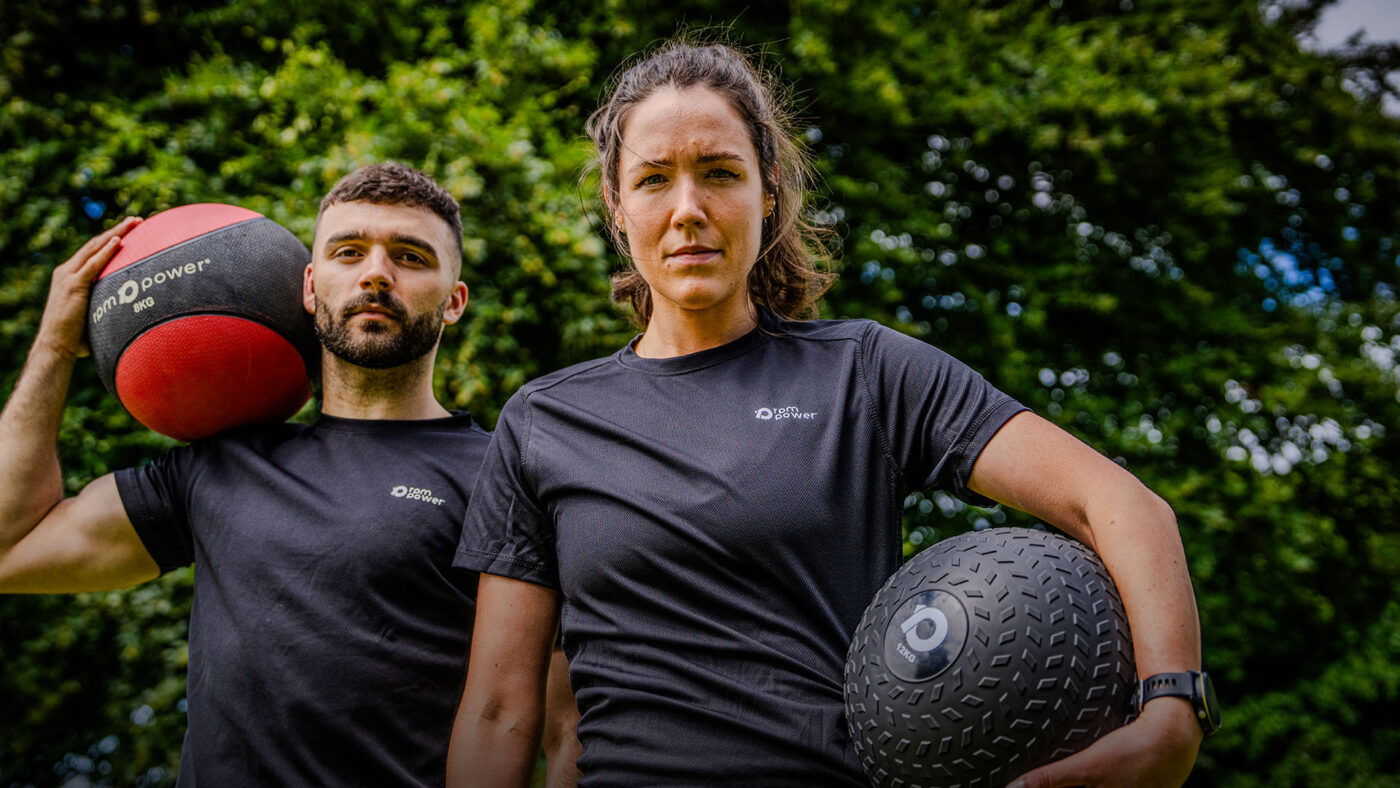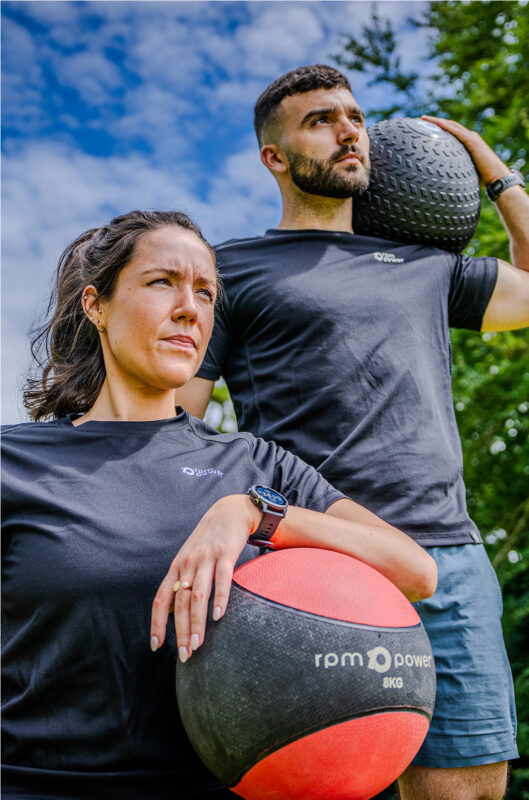Nutrition, RPM Power Partners
What is the Best Diet for Weight Loss?
Registered dietitian, owner of the Southeast Nutrition Clinic and host of the The Fuel Better Podcast, Evan Lynch, is the official RPM Power dietitian. Today he is here to bust some myths when it comes to dieting for weight loss. Paleo, vegan, intermittent fasting – how do these diets fare when it comes to shedding kilos? Hear what Evan has to say in the video below or read on to learn more:
What is the best way to lose weight?
This is a very common question and one that comes up for Evan in his clinic every single week. From the roughly 120 different patients that Evan sees every week, at least 100 of them will ask him in some way, shape or form “What’s the best diet for weight loss? Is it Atkins? Is it paleo? Low carb? Intermittent fasting? Is it [insert fad]?”
The simple answer is this: The research shows that when we match calorie for calorie in any given diet – let’s say hypothetically comparing 2000 calories in a ketogenic diet, intermittent fasting diet, raw, vegan, or another diet – none of them are better than the others for weight loss.
Changes in body fat and fat mass are totally contingent on calorie balance. It’s the first law of thermodynamics. You can’t manifest energy or just destroy it. In the absence of adequate calories, your body will literally eat through its own fat stores to meet the deficit.
So let’s say, hypothetically, you need X calories and on any given day you eat a lower amount – Y calories. Whatever that difference is will be contributed to by your fat mass here.
Is any one diet more effective for weight loss?
While the media might tell you that one particular diet is more effective for weight loss, really it is not the case. For example:
- Intermittent fasting is good for weight loss, because you literally have less time to eat. As a result, you’re going to eat less and you’re going to lose weight.
- A ketogenic diet is also effective for losing weight, as on this nutritional programme you pretty much rule out most of the staple foods in Ireland, including pretty much most hyper-caloric junk foods.
- If you follow a vegan diet, you’ll likely experience weight loss, because again, lots of high-calorie, high-energy-density foods are off the menu. It’s not that plants themselves are magically brilliant at helping you dissolve body fat, you’re just following a very specific set of rules with veganism that inevitably and invariably makes you eat less calories.
So, behind all the marketing and the hocus pocus, all of these diets give you just different rules and paths to follow, which results in a calorie-deficient diet.
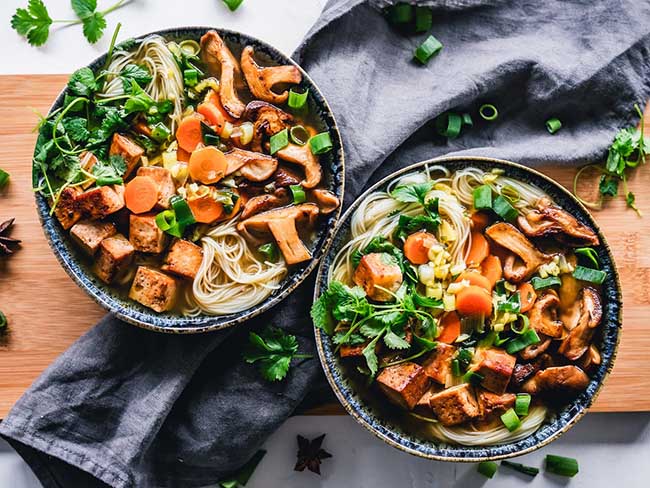
Tips and advice on reducing calorie intake
If you want to have the most sustainable way of losing body fat, you need to find some easy ways to take calories out of your diet. What tends to work in Evan’s experience?
- Watch the calories you’re drinking (at the weekend in particular, that’s when it can add up quite significantly).
- Watch your portions: The average person trying to lose weight underestimates their portion sizes by about 50%.
- Watch out for things like condiments and try to minimise your snacking in the evening time. Snacking at night, in particular, is a big calorie source.
If you want some help with calorie intake, you can always reach out to Evan’s clinic, the Southeast Nutrition Clinic or another professional dietician for advice on a sustainable weight loss programme.
Key takeaways
If you’re wondering what the best diet for weight loss might be, according to the professionals: there is none. It simply comes down to having a calorie-deficient diet, no matter what type of diet that may be. Try to reduce calorie intake by paying attention to your snacking habits, portion sizes and non-obvious calorie-rich foods and beverages, like alcoholic drinks and condiments.
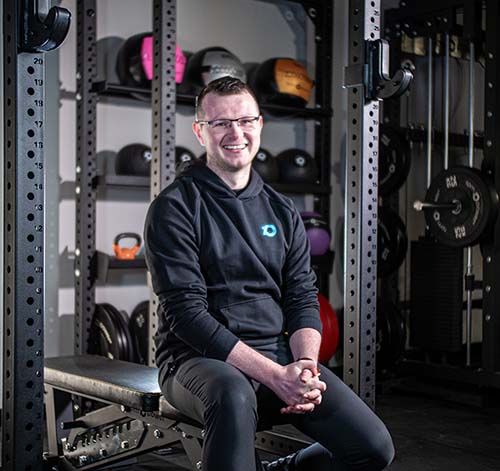
Evan Lynch is a dietitian based in Clonmel, Co. Tipperary. His specialty areas centre around sports nutrition, weight management and aiding those he works with to make more successful and long-term changes to their diet. He also works with a wider range of clients with a variety of issues ranging from simple nutrient deficiencies to diabetes management.
Southeast Nutrition ClinicInterested in more?
Check out the full video series with Evan below:




